In a leaked document, the FARDC Army Chief of Staff invites his Burundian counterpart to a meeting in Goma. The objective of the meeting is to establish a regional coalition bringing together Burundi, Rwanda, Uganda and the DRC to eradicate the armed groups based in the east of the country.
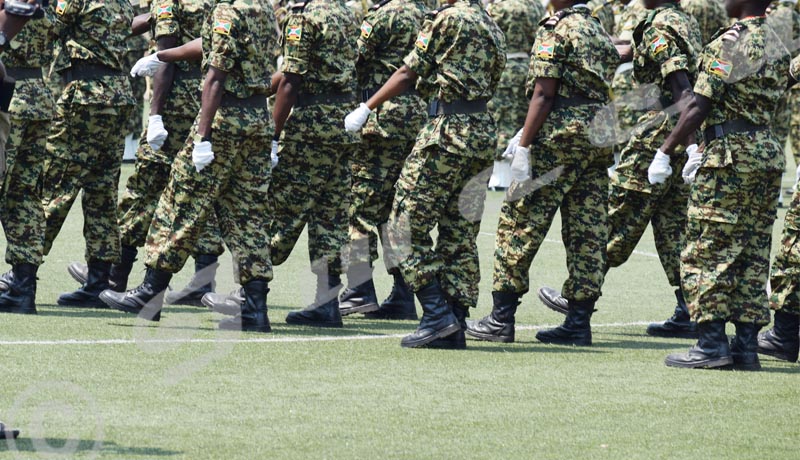 “It’s a classified secret defense document that should not fall into the hands of civilians,” said a senior officer of the Burundian army. He speaks of an untimely leak.
“It’s a classified secret defense document that should not fall into the hands of civilians,” said a senior officer of the Burundian army. He speaks of an untimely leak.
The Democratic Republic of the Congo calls for reinforcements from the armies of neighboring countries, “its partners,” as reads the document signed by the Congolese Army chief of staff, General Célestin Mbala Munsense who speaks of an integrated general staff.
They have a total of six months to disintegrate all the active or dormant foreign and Congolese armed groups to secure suburbs and roads that are vital for the country.
The operations shall begin on November 15, 2019 by the installation of foreign armies and end in mid-May next year with the stabilization of the region and the withdrawal of partner contingents.
The four countries will assist the DRC Armed Forces in exchange for information, intelligence support, support for special force units, and control of the land and lake border.
This document also states that Africa (the United States Command for Africa) and MONUSCO (UN mission in the DRC) could support the joint force.
A meeting is scheduled for 24-25 October in Goma to develop the final lines of the project. A previous meeting was held in the same city from September 13 to 14, 2019.
Is the game worth the candle?
Several armed groups are operating in North and South Kivu, east of the Democratic Republic of Congo. These include Uganda’s ADF, Rwanda’s FDLR, Burundi’s Red Tabara and the Mayi-Mayi in Congo.
Since his inauguration, the Congolese president has visited the countries of the region including Burundi. The head-to-head with his counterpart, Pierre Nkurunziza, focused on the restoration of security in the region where many armed groups are rife.
UN reports have often spoken of the presence of the Burundian army in South Kivu, tracking the armed groups of Burundi having rear bases in this region, what Gitega and Kinshasa governments have always denied.
Pending the implementation of the operation, MONUSCO already announces that it will provide support to the Congolese army, not a regional coalition, what requires a decision of the Security Council.
Reactions
Gérard Birantamije: “The deal is there”
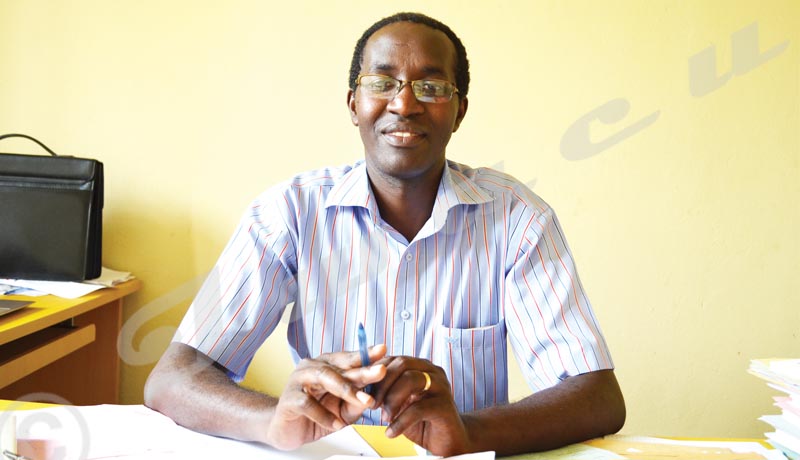 This security specialist believes that the deal is there. For him, everything shows that these countries have agreed on intentions. However, such an intervention raises questions first of all with regard to the hidden intentions when we know the recent history of the two Congolese wars in which neighboring countries participated.
This security specialist believes that the deal is there. For him, everything shows that these countries have agreed on intentions. However, such an intervention raises questions first of all with regard to the hidden intentions when we know the recent history of the two Congolese wars in which neighboring countries participated.
The question also lies in the intervention in the east when many sources specialized in the conflict in eastern Congo highlight the involvement of Congolese political actors who would pull the strings of local rebellions to establish more legitimacy.
For Birantamije, countries can transcend their differences at a certain moment. “On the other hand, the fear is seeing the rival countries export conflicts on the Congolese territory.”
But let’s hope that the Congolese cause will be heard. In short, the DRC should be extremely careful not to offer its neighbors the ground for the materialization of long time conflicts between Burundi and Rwanda, between Uganda and Rwanda. It’s worth recalling that the population of the eastern DRC consider these countries said to be” partners” as the source of their misfortunes.
The report of the UN experts on the situation in the Democratic Republic of the Congo, presented to the Security Council on 17 August 2017, talks about three Burundian armed groups operating in South Kivu.
– There are rebels of the National Forces for Liberation-FNL led by Nzabampema, currently responsible for minor attacks and robberies on the Burundian side.
-There is also the Resistance Group for the Rule of Law in Burundi ( RED-Tabara.)
– The UN report also talks about the presence of the Burundi Republican Forces, FOREBU, which has changed its name for the Burundi Popular Forces (FPB), a rebel movement composed mainly of deserters from the Burundian army. One of these great figures would be the former boss of CNDD-FDD ruling party, Hussein Rajabu.
All these groups have their bases in the province of South Kivu, where they benefit from the complicity of Congolese Mai-Mai groups, as said the authors of the UN report.
Analysis
Can these countries really transcend their cleavages?
Iwacu newspaper contacted Jason Stearns, a political analyst and founder of the Congo Research Group. He makes an analysis on the feasibility of such a coalition.
According to him, the Congolese authorities have not confirmed the plan for political reasons. The open invitation of the same regional armies that had attacked the DRC in the 1998-2003 years is a very controversial subject in this country.
Moreover, it is unclear whether the operations of the joint force will materialize.
The plan outlines joint operations with Rwandan and Ugandan armies at the same time, both of them based in North Kivu. “Given the increased tension between these two countries, I find it hard to believe,” says the conflict expert in the Central African region.
In a context of tense relations between Rwanda and Burundi, between Rwanda and Uganda, can these countries transcend each other’s divisions for the common interest?
Jason Stearns says these operations would be a formalization of informal initiatives that already exist. “The Burundian army launches regular attacks in the DRC, with the approval and collaboration of the Congolese army, and it is likely that Rwanda will do the same in North Kivu.”
It must also be said that two parties mentioned in the document-the USA and MONUSCO- denied their participation in these joint operations.
The political analyst believes that joint operations could succeed. But it would require a comprehensive strategy that includes the strengthening and reform of the Congolese state, a DDR plan as well as reconciliation and development attempts at the local level.
“A purely military plan can not suffice. And given regional tensions, I think that a multilateral institution would be much more appropriate to conduct operations, the African Union maybe.”
Story originally written by Agnès Ndirubusa and translated into English
by Pierre Emmanuel Ngendakumana


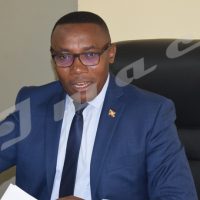
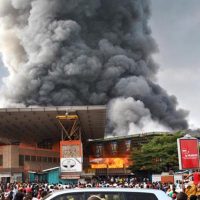
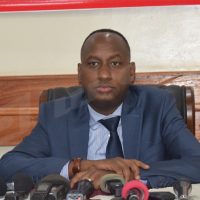














 IWACU Open Data
IWACU Open Data

